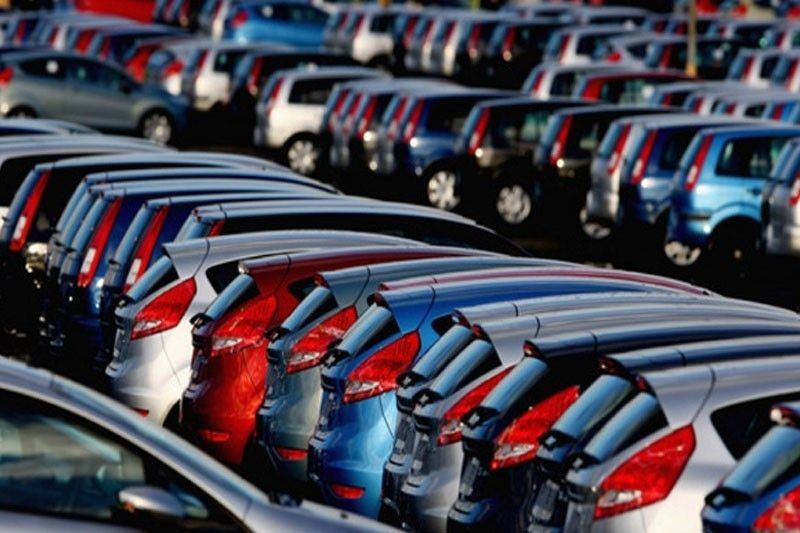Vehicle importers expect 40% sales drop this year

MANILA, Philippines — Vehicle importers in the country expect total sales to fall 40 percent this year amid disruptions caused by the coronavirus disease 2019 or COVID-19 crisis.
“The local industry is reeling from this invisible enemy as vehicle manufacturing, importation, distribution and maintenance have stopped completely. Demand has likewise declined as consumers spend on more urgent needs. With this disruption, we estimate that car sales may drop by around 40 percent for the year,” Association of Vehicle Importers and Distributors Inc. (AVID) president Ma. Fe Perez-Agudo said yesterday.
She said the COVID-19 pandemic is the industry’s toughest challenge yet, with manufacturing and dealerships not allowed to operate during the enhanced community quarantine period to prevent the further spread of the virus.
“We estimate that it would take at least 12 months for the local industry to recover once the enhanced community quarantine is completely lifted. There will be a ‘new normal’ and we must be quick to adapt since Filipino consumers will be even more prudent and looking for more value in their purchases,” she said.
With most dealerships and repair and maintenance facilities closed since March 16, AVID’s total vehicle sales declined 34 percent to 14,404 units in the first quarter from 21,949 units in the same period last year.
Passenger car sales for the January to March period just reached 4,506 units, 43 percent lower than the 7,848 units sold a year ago.
Light commercial vehicles sales were also down 29 percent to 9,806 units as of end-March from the previous year’s 13,862 units.
Commercial vehicle sales decreased 62 percent to 92 units in the first three months of the year from 239 units in the same period last year.
With major urban areas including Metro Manila on enhanced community quarantine for the whole month of April until mid-May, AVID expects a further dip in sales in the second quarter.
For now, AVID members are supporting government efforts to address the pandemic by providing transport for frontliners, as well as donations of medical supplies and essential goods.
Some members have also donated personal protective equipment, masks and gloves to COVID facilities.
Apart from COVID-19 relief efforts, AVID members are also preparing measures to be implemented to ensure safety of employees, business partners and customers under a new normal.
“Mobility is the lifeblood that drives the nation’s economy and this has been further underscored by this pandemic. Hospitals, groceries, and other essential establishments rely on mobility for sustained operations. We are working closely with our stakeholders so we can resume our operations, especially our repair and maintenance services, in a manner that protects the health and safety of our workforce and customers, once the ECQs and GCQs (general community quarantines) are lifted,” Agudo said.
In addition to social distancing by wearing appropriate protective equipment and having additional sanitation measure, some AVID members are taking part in the private sector - led mass testing initiative Project Antibody Rapid test Kit by screening employees for COVID-19 before re-entry in the workplace.
“AVID fully supports the government’s initiatives to combat this pandemic and we remain optimistic and confident in the tried and tested resilience of the Filipino. The timely restart of the automotive sector is of utmost importance to mitigate the impact of this crisis since tens of thousands of Filipinos and their families depend on this sector. There is life after COVID and we will be there to ensure better journeys ahead,” Agudo said.
The Philippine automotive sector has 408,000 direct and indirect workers, based on government data.
Last year, AVID’s total sales reached 87,984 units, down slightly from the 88,430 units sold in 2018.
Total automotive sales in the country, including those sold by vehicle assemblers, reached more than 410,000 units last year.
- Latest
- Trending































